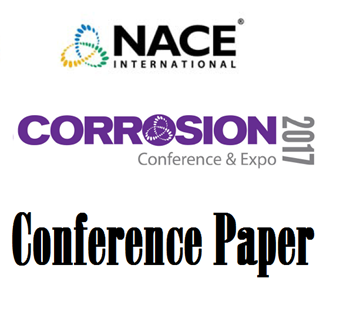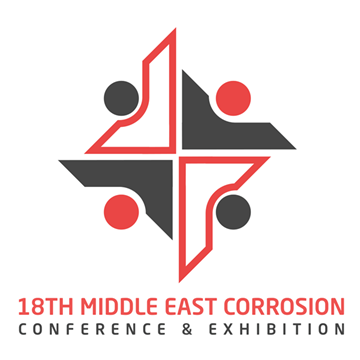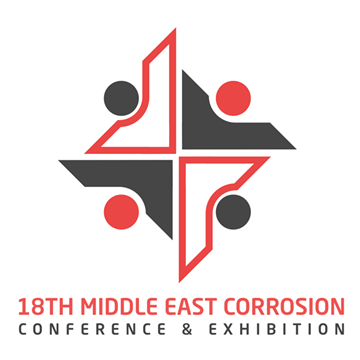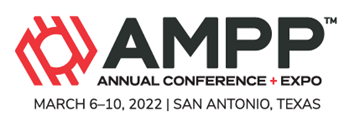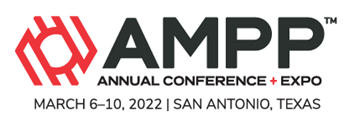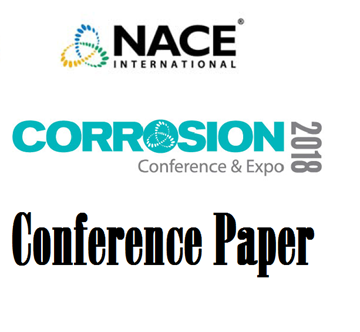Search
Individual Conference Papers
View as
Sort by
Display
per page
Impact of Fe3O4 on the Performance of an Imidazolinium-Based Inhibitor for Mitigation of CO2 Corrosion of Carbon Steel
Product Number:
51323-19072-SG
Publication Date:
2023
$20.00
Impact of Foam Trench Breakers and Ditch Pads on Pipeline Cathodic Protection
Product Number:
51317--9002-SG
ISBN:
9002 2017 CP
Publication Date:
2017
$20.00
Impact of H2S Souring on PDO Facilities Materials of Construction
Product Number:
MECC23-20044-SG
Publication Date:
2023
$20.00
Impact of Impurities on the Corrosion of CO2 Dense Phase Transmission Pipelines
Product Number:
MECC23-20236-SG
Publication Date:
2023
$20.00
Impact of Internal CO2 Corrosion of Mild Steel Pipelines on Solid Hydrate Particles
Product Number:
51321-16391-SG
Publication Date:
2021
$20.00
Impact Of Maintenance Activities On Future Integrity Of Transmission Pipelines
Product Number:
51322-17504-SG
Publication Date:
2022
$20.00
Impact Of Material Properties Of Thick-Wall X65 TMCP Plate Steel For Sour Service
Product Number:
51322-17917-SG
Publication Date:
2022
$20.00
Impact of Multiphase Flow on the Inhibition of Carbonate Scale Deposition.
Product Number:
51323-19425-SG
Publication Date:
2023
$20.00
Impact of Novel Sulphidogenesis-Inhibitory Chemistries on Souring and MIC
Product Number:
51318-11183-SG
Publication Date:
2018
$20.00
Impact of O2 Content on Corrosion Behavior of X65 Mild Steel in Gaseous, Liquid and Supercritical CO2 environments
Product Number:
51320-14433-SG
Publication Date:
2020
$20.00
Impact of Power System Design and Operating Conditions for AC Interference on Pipelines
Product Number:
51324-20926-SG
Publication Date:
2024
$40.00
Impact of Pre-Corrosion on Corrosion Inhibitor Performance: Can We Protect Aged Pipelines?
Product Number:
51317--8919-SG
ISBN:
8919 2017 CP
Publication Date:
2017
$20.00


